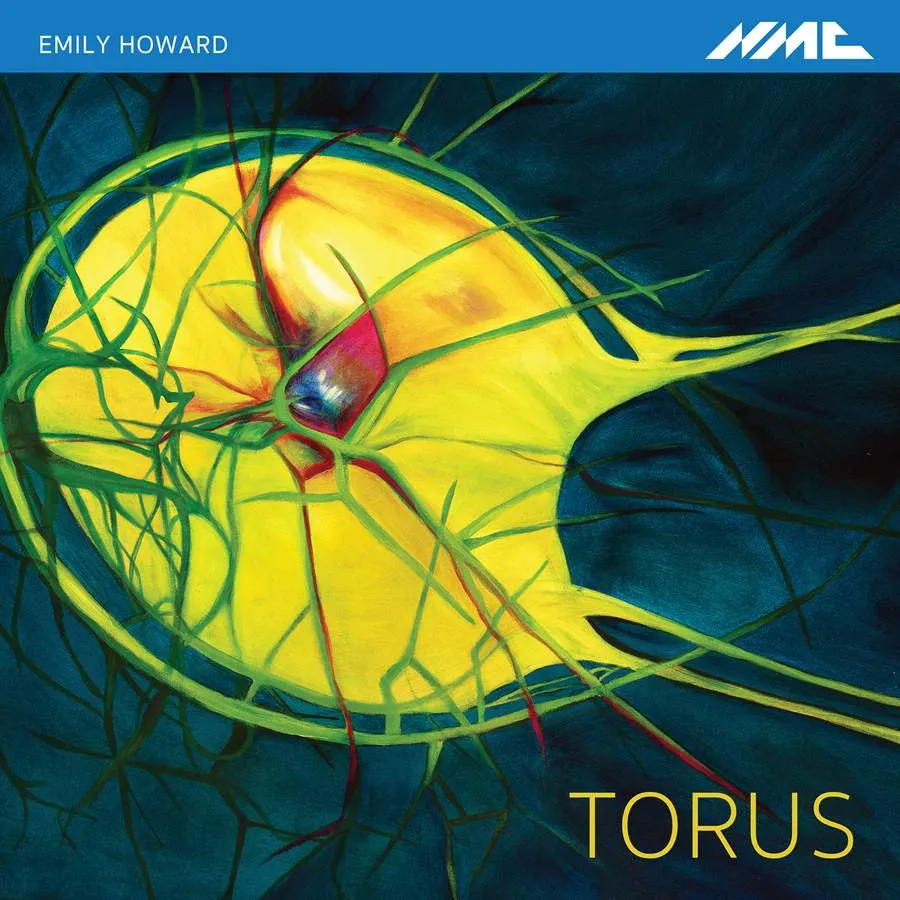
Emily Howard Antisphere*; Torus**; sphere†; Compass†† *BBC Philharmonic/Vimbayi Kaziboni; **BBC Symphony Orchestra/Martyn Brabbins, †BBC National Orchestra of Wales/Mark Wigglesworth; ††Birmingham Contemporary Music Group NMC NMC D274 68:58 mins
Emily Howard is a composer preoccupied by the poetry and potential musicality of mathematical shapes, processes and geometry, all of which play a key role in three of the four featured works here: her so-called Orchestral Geometries series.
Antisphere is spiky, revelling in the unease it creates as it twists and turns from ominous silence to punchy, high-octane drama, impaling the listener with occasional punctuations of forceful sound. This is a piece that would trip up even the most astute orchestras, but the BBC Philhamonic’s precise execution allows the drama to remain at the fore.
While the other works featured here are all around the 20-minute mark, sphere comes in at just five, delivering condensed but equally impactful musical ideas. Compass is the newest work on the album, written for string septet and conceived by Howard as an extension to and evolution of the Orchestral Geometries triptych. Here we see industrial sounds used as a primary driver of development, created using extended technique and percussive textures. The lower register of the strings are also heavily exploited.
The title piece is by far the most tonal in approach, but there are still plenty of jagged, rough edges built around the smooth string textures at its core. Commissioned for the 2016 BBC Proms, it remains an absorbing work, delivered here with great sensitivity by the BBC Symphony Orchestra.
These recordings sit on the edge of discomfort, relishing in the stark contrasts of timbres available to an orchestra. Oscillating between these extremes, this is music-making at its most dynamic.
Freya Parr
